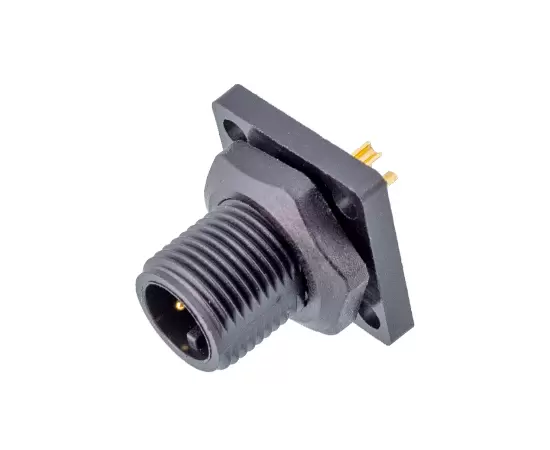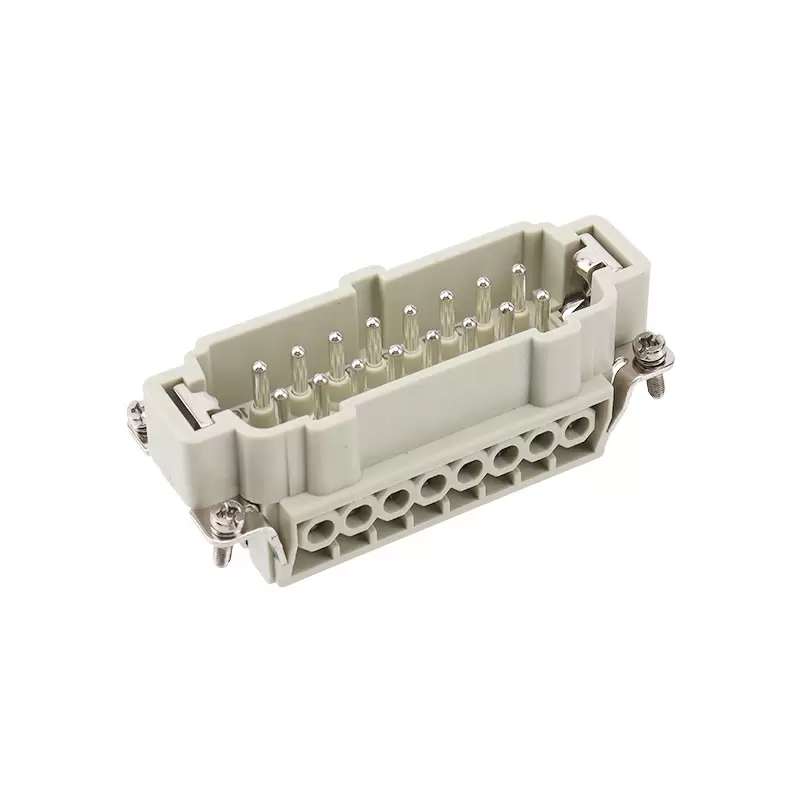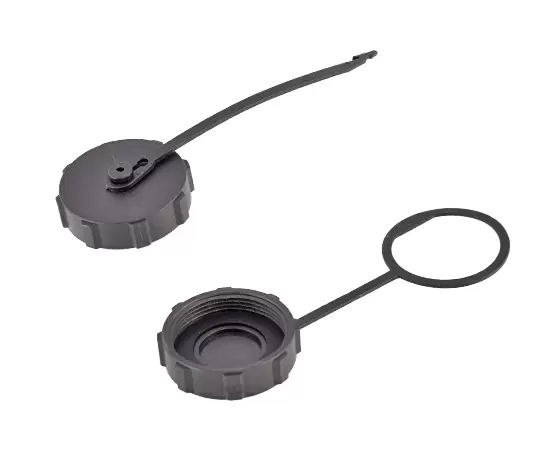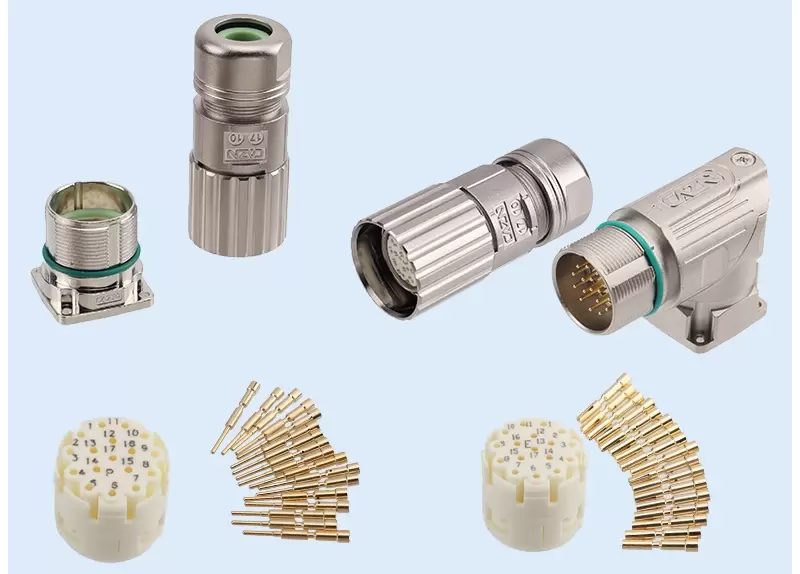A Complete Guide to Connector Socket Types and Their Functions
In the world of industrial automation, power systems, and smart manufacturing, reliable electrical connections are critical. One essential component in these systems is the connector socket—a device that enables secure and efficient transmission of power, signals, or data. As technology evolves and industries become more interconnected, understanding different connector socket types and their functions is key to building durable, high-performance systems.
This guide offers a comprehensive overview of common connector socket types, their specific uses, and why choosing a reliable manufacturer—like CAZN Electronic—can make a real difference in industrial environments.

What Is a Connector Socket?
A connector socket is part of an electrical interface that allows electrical contact between components or systems. It receives the mating plug or pin, forming a stable pathway for electric current or signals. Connector sockets are used in a wide variety of industries, including:
Wind power systems
High-speed rail and transportation infrastructure
Automotive manufacturing
Smart traffic and intelligent automation systems
CAZN Electronic specializes in industrial connector technologies and provides high-quality socket solutions built to meet demanding application needs and international standards like IEC, GB/T, and UL.
Common Types of Connector Sockets and Their Functions
1. Circular Connector Sockets
Function: Transmit power, data, or control signals in a compact form.
Applications: Robotics, sensor connections, railway signaling, automation systems.
Features:
High pin density in a small footprint
Secure locking mechanisms (threaded, bayonet, push-pull)
Often rated IP65/IP67 for water and dust protection
Why it matters: Circular sockets are favored in high-vibration environments for their durability and ease of use. CAZN’s circular connector sockets are widely adopted in transportation and factory automation.
2. Rectangular Connector Sockets
Function: Designed for multi-pin, modular applications where multiple signals or power lines need to be transmitted simultaneously.
Applications: Industrial control cabinets, machinery, production lines.
Features:
High flexibility and customization
Large number of contacts in a compact unit
Ideal for panel-to-machine interfaces
Why it matters: These sockets offer modular integration, making them ideal for systems that require frequent maintenance or reconfiguration.
3. PCB Mount Connector Sockets
Function: Provide direct connection to a printed circuit board (PCB) for transmitting signals or low-voltage power.
Applications: Electronic control units, sensors, signal converters.
Features:
Surface-mount or through-hole options
Compact and lightweight
Optimized for high-speed data transfer
Why it matters: These sockets are critical for embedded systems where size, signal clarity, and reliability are essential.
4. Heavy-Duty Industrial Connector Sockets
Function: Handle high current, high voltage, and harsh environmental exposure.
Applications: Power distribution boxes, outdoor automation, heavy machinery.
Features:
IP68 or higher protection ratings
Reinforced housing materials (metal or thermoplastic)
Resistance to oil, chemicals, UV, and extreme temperatures
Why it matters: In demanding applications like wind power and automotive testing, CAZN’s heavy-duty sockets ensure stable operation under extreme conditions.
5. High-Speed Data Connector Sockets
Function: Transmit large volumes of data with minimal signal loss or interference.
Applications: Communication modules, smart transportation systems, IoT networks.
Features:
Shielded contacts for EMI/RFI protection
Support for Ethernet, CAN bus, USB, or fiber optic connections
High bandwidth and transmission speed
Why it matters: As smart cities and AI-driven manufacturing advance, reliable high-speed data connectors become foundational infrastructure.
How to Choose the Right Connector Socket
When selecting a connector socket for your project, consider the following:
Electrical performance (voltage, current, resistance)
Environmental factors (temperature, moisture, dust, chemicals)
Mechanical requirements (mating cycles, vibration resistance, size)
Standards and certifications (IEC, UL, GB/T compliance)
CAZN Electronic delivers not only a broad product range but also engineering support and customization services, ensuring every socket is perfectly matched to its intended use.
Why CAZN Electronic?
As a leading enterprise in China’s industrial connector sector, CAZN Electronic is known for:
Advanced R&D in connector socket design and materials
Full compliance with global standards including IEC, GB/T, and UL
Industry-specific solutions for wind energy, high-speed rail, automotive manufacturing, and intelligent traffic systems
Strict quality control and high-reliability manufacturing processes
Their connector sockets are trusted across critical applications where performance, safety, and longevity are paramount.
Final Thoughts
Connector sockets may be small, but their role in modern industry is enormous. The right socket enhances performance, reduces downtime, and ensures system integrity in high-demand environments. Understanding each type and its function is key to building smarter, safer, and more efficient systems.
If you're looking for industrial-grade connector sockets that meet international standards and perform under pressure, CAZN Electronic offers the quality, customization, and reliability your projects demand.









